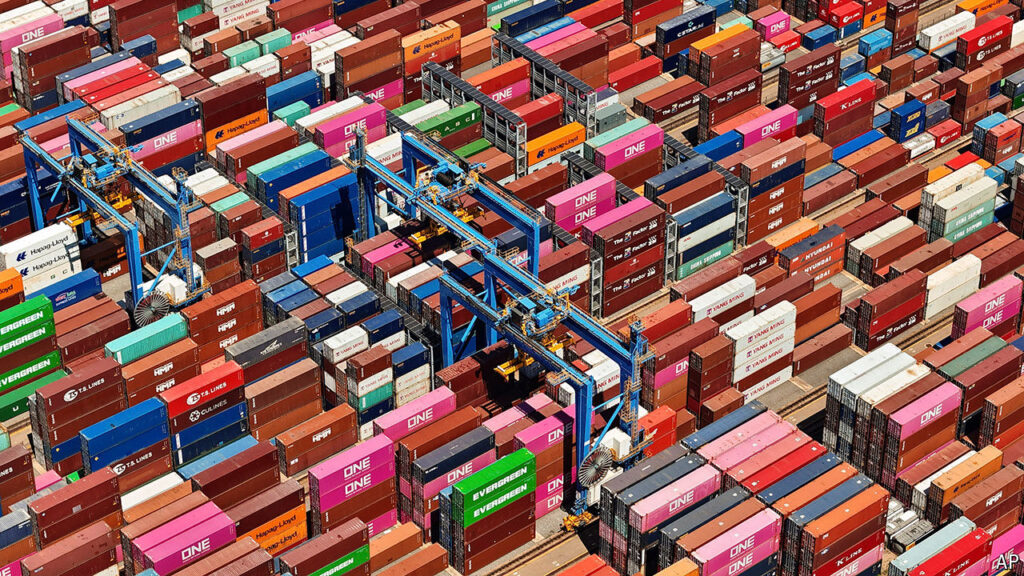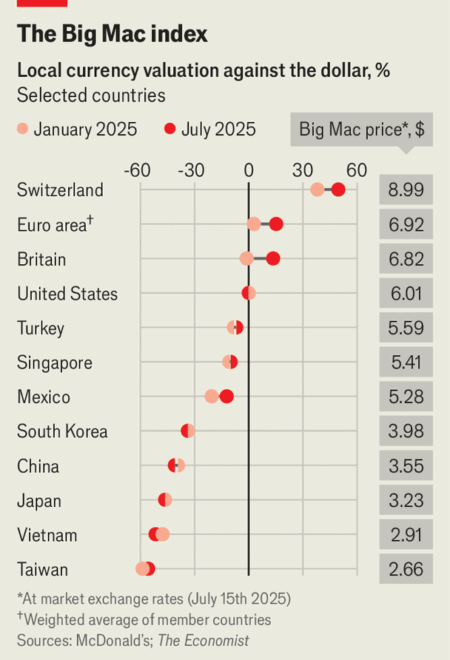In the 17th century, Jan Pieterszoon Coen, a governor-general of the Dutch East India Company, famously stated, “We cannot carry on trade without war, nor war without trade.” Fast forward four centuries, and the sentiment has evolved. Sabine Weyand, the EU’s top trade negotiator, now emphasizes the importance of assertiveness in keeping markets open. As the world becomes increasingly fragmented, the EU must navigate a complex landscape to maintain its economic interests.
The latest battleground in the realm of trade is electric vehicles (EVs) from China. On July 5th, the European Commission imposed provisional tariffs on Chinese EV companies, ranging from 17% to 38%, based on factors such as subsidies and cooperation with the EU’s investigation. This move, in addition to the existing 10% tariff on car imports, aims to level the playing field for European automakers. While upholding the rules of the World Trade Organisation (WTO), European officials must balance their commitment to free trade with the need to protect domestic industries from unfair competition.
The decision to target Chinese EVs has elicited mixed reactions. German carmakers, in particular, are wary of potential retaliation from China and have expressed their opposition. Chancellor Olaf Scholz of Germany has reportedly proposed a reciprocal tariff of 15% on cars to match China’s level. The Chinese trade ministry has responded by launching an investigation into EU trade practices and considering retaliatory measures at the WTO. Despite hopes for negotiations to lower tariffs, it is unlikely that the levies will be entirely removed as both sides seek to assert their positions.
The EU’s stance on trade reflects a broader shift in global economic dynamics. As protectionist sentiments rise and traditional alliances are challenged, European officials must adapt to a changing landscape. The bloc’s commitment to the rules-based order, which has long underpinned its economic prosperity, is now being put to the test. By taking a firm stance on issues such as Chinese EVs, the EU aims to demonstrate its willingness to defend its interests while also engaging in constructive dialogue with its trading partners.
Amidst these tensions, the EU faces a delicate balancing act. On one hand, it must uphold the principles of free trade and fair competition that have shaped its economic success. On the other hand, it must protect domestic industries from the threats posed by external actors. The EV tariffs exemplify the complexities involved in navigating the current trade environment, where strategic considerations clash with diplomatic imperatives.
As discussions continue between the EU and China, the outcome remains uncertain. Both sides are seeking to assert their interests while avoiding a full-blown trade war. The EU’s calculated approach to the EV tariffs reflects its broader strategy of maintaining a strong presence in the global economy while safeguarding its own economic well-being. Ultimately, the future of EU-China trade relations will depend on the ability of both parties to find common ground and forge a mutually beneficial path forward.










